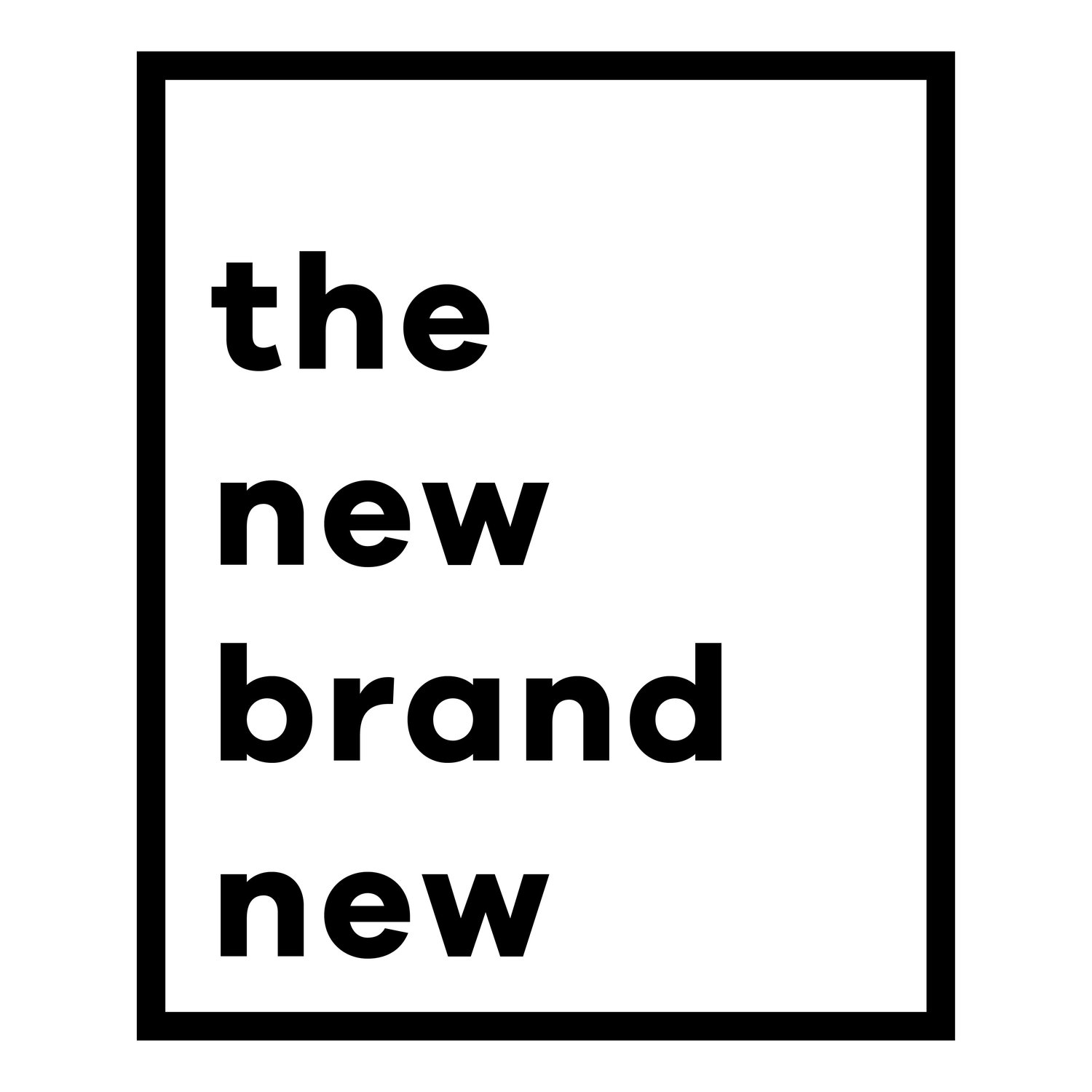Disposable versus discretionary income, and why it matters
When in the market of selling goods and services (nearly everyone is at some point in their career) awareness of the resources available to your audiences is imperative in developing an effective brand and associated marketing program. Identifying the average financial state of the individuals within a targeted audience requires an understanding of the difference between disposable and discretionary income, as well as an empathetic perspective.
Let us compare
Disposable income is one’s total income minus required taxes, whereas discretionary income is that same sum, sans all recurring necessary expenditures, like automobile and mortgage payments. In short, discretionary income is that which one can truly spend. Those at the helm of brand and marketing efforts would be right to identify the likely discretionary funds of a given audience, versus attempting to appeal to the basest dynamic of want opposing need.
Good business is good, generally
This is arguably morally preferable, but also smart business – while a consumer may choose to purchase a product or service they are not truly capable of affording, no matter their user experience, if their financial outset ultimately amounts to unwieldy debt, their perception of the product may be impressed upon by the psychological burden of debt; brand loyalty is the result of long-term interactions with an offering and an organization, and doesn’t end at the point of sale.
And perhaps more poignantly, we ought to collectively commit to resisting marketing things to people which they cannot reasonably afford. It shouldn’t work because the money isn’t available, and when it does, it is in accord with the reality that the product isn’t rightfully marketable.
Marketing that which is truly marketable
Let’s market within the constraints of audiences’ discretionary incomes. Let us commit to marketing that which is truly marketable.
Because it demonstrates awareness of the full course of a user experience, and because it is better than being assholes.




